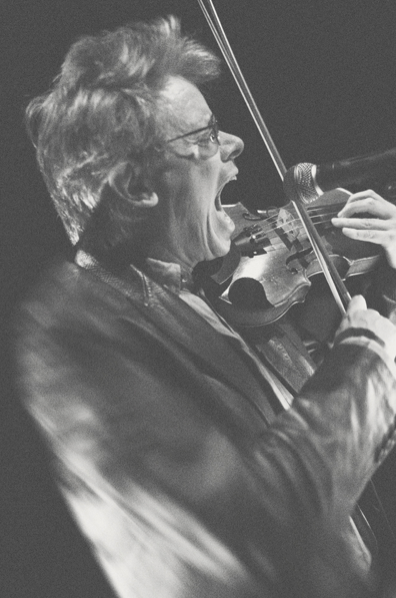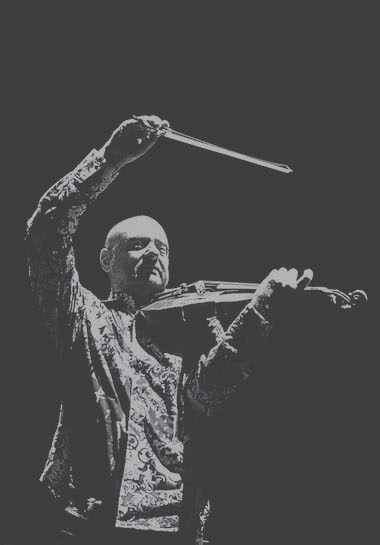


Mark Applebaum

Program Notes
Flashlight
(2018)
Mark Applebaum
(b. 1967)
Composed for
50 For The Future:
The Kronos Learning
Repertoire
Artist Statement
"There is an alternate universe in which this piece makes sense. There is another alternate universe in which this piece was written by Haydn. There is also an alternate universe in which this piece is a transcription of a popular nursery rhyme. There is an alternate universe in which this piece, when played, transforms tools of oppression into tools of liberation. There is an alternate universe in which this piece would not be played on a gluten-free menu. There is an alternate universe in which this piece is the only piece of music, and so ‘music’—for the very few who even know of it—is considered an esoteric and failed experiment (but that’s okay because the people in that universe have loads of other, better things to do anyway—e.g., planet bowling, dolphin literature, reverse moustache imitation, Canadian bingo, brunfph). There is an alternate universe in which the angel Gabriel spoke and it sounded like this piece. There is an alternate universe in which insufferably clever people incessantly complain that it is ‘so cliché’ and ‘unnecessarily ludic’ to announce that ‘this piece is not a canoe.’ There is an alternate universe in which this piece makes perfect sense. There is an alternate universe in which this piece is titled Lobster Sapling. But for now, we’re in this universe, and this piece, commissioned by the Kronos Quartet’s Fifty for the Future initiative, is called Flashlight.”
Instructional Video
Mark Applebaum demonstrates how to perform the hand gestures in Flashlight.

What I love about Mark's work is that there's this sense of playfulness, but beneath that, it's also really serious—like putting together a Lego set. Behind the youthful sense of discovery, Mark is very precise. He knows what he wrote, and he wants audiences to hear what he wrote, and that precision of demand and intent adds immeasurably to the scope of the mosaic we're trying to make.
Composer Interview
Mark Applebaum discusses his musical background, his composition process, his relationship with Kronos, and more.
Artist’s Bio
Mark Applebaum
USA
Mark Applebaum is the Edith & Leland Smith Professor of Composition at Stanford University. Many of his pieces—including one that was written for Kronos in 2015—are characterized by challenges to the conventional boundaries of musical ontology: works for three conductors and no players, notational specifications that appear on the faces of custom wristwatches, works for an invented sign language choreographed to sound, amplified Dadaist rituals, a chamber work comprised of obsessive page turns, and a 72-foot-long graphic score displayed in a museum and accompanied by no instructions for its interpretation. Applebaum is also an accomplished jazz pianist and builds electroacoustic sound-sculptures out of junk, hardware, and found objects. At Stanford, Applebaum is the founding director of [sic]—the Stanford Improvisation Collective. He serves on the board of Other Minds and as a trustee of Carleton College.
Support Kronos’ 50 for the Future
Help support Kronos’ 50 for the Future as we develop this new learning library.
Flashlight is one of those theatrical pieces where you never know how the audience is going to react. There is some comedy in it, but it's also completely deadpan. It's both fun and extremely difficult in the little nuances and rhythms that each player needs to fit into a complex lock. And I think that's really rare, to have so much fun doing something so difficult.






